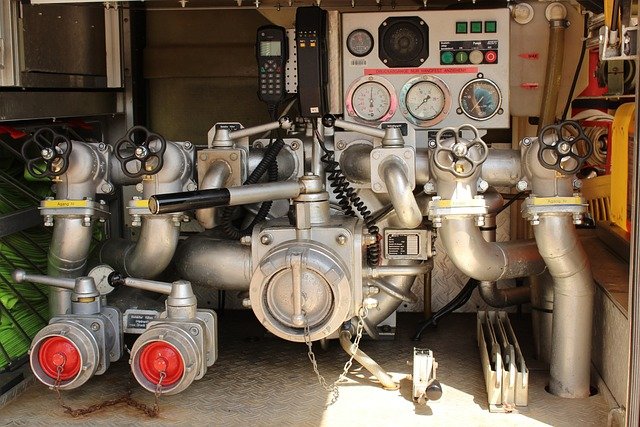
Optimizing Diesel Fire Pump Performance for Industrial Applications
In industrial settings, fire safety is not just a regulatory requirement—it’s a critical operational safeguard. Facilities such as refineries, chemical plants, power stations, and large warehouses face elevated fire risks due to the presence of flammable materials, high heat processes, and complex mechanical systems. For these environments, Diesel Engine Fire Fighting Pumps provide a robust, reliable, and independent solution for fire protection, especially in situations where electric power might be compromised during an emergency.
To ensure optimal protection, it’s essential to focus on optimizing the performance of your diesel fire fighting pump system. In this blog post, we’ll explore key strategies to improve reliability, efficiency, and compliance in industrial applications.
Why Diesel Fire Fighting Pumps Are Preferred in Industry
A diesel fire fighting pump is often the go-to choice in industrial facilities due to its ability to operate independently of the main power grid. Unlike electric fire pumps, which may be rendered useless during a power outage, diesel-driven pumps can kick in even when utilities fail—ensuring uninterrupted fire suppression capabilities.
Leading diesel fire fighting pump manufacturers design these systems with heavy-duty engines, robust fuel systems, and high-performance pump assemblies to meet the strict demands of industrial fire protection standards such as NFPA 20 and FM Global.
Key Areas to Optimize Performance
1. Proper Sizing and System Design
The first step toward optimal performance is ensuring the pump is correctly sized for the specific application. Undersized pumps may fail to deliver sufficient flow or pressure, while oversized pumps can lead to inefficiencies and increased wear. It’s crucial to work with experienced diesel fire fighting pump manufacturers who can assess your facility’s risk profile, building layout, and system demand accurately.
2. Regular Maintenance and Testing
Routine maintenance is the cornerstone of diesel pump reliability. Industrial-grade Diesel Engine Fire Fighting Pumps are designed to run for extended periods under extreme conditions—but they must be regularly tested to ensure readiness. Key maintenance practices include:
- Weekly no-load tests to verify engine start-up
- Monthly full-flow tests
- Inspection of fuel systems, battery condition, coolant levels, and engine oil
- Checking the alignment of the pump and engine
Creating a preventive maintenance schedule aligned with manufacturer recommendations and NFPA guidelines will significantly extend the system’s service life.
3. Quality Fuel Storage and Management
Fuel quality directly impacts engine reliability. Industrial fire pumps typically require #2 diesel fuel stored in dedicated, UL-listed tanks. Poor-quality fuel, contamination, or microbial growth can lead to engine failure during critical moments. Implementing a fuel polishing system and regular tank inspections can mitigate these risks.
4. Control Panel and Automation
Modern diesel fire fighting pump systems are equipped with smart controllers that automate startup, monitor system health, and log performance data. Ensuring these control systems are configured correctly, tested routinely, and kept secure from environmental damage or tampering is key to reliable operation.
Choosing the Right Manufacturer Matters
Selecting the right equipment is as important as how it’s maintained. Leading diesel fire fighting pump manufacturers not only supply high-quality components but also offer critical services like system design support, on-site commissioning, and technical training.
Look for manufacturers that provide:
- NFPA 20 and UL/FM compliant systems
- Full documentation and testing records
- Access to spare parts and support teams
- Proven performance in similar industrial environments
Final Thoughts
In high-risk industrial environments, having a reliable diesel fire fighting pump system can mean the difference between minor damage and catastrophic loss. By focusing on correct sizing, proactive maintenance, high-quality fuel management, and intelligent control systems, facility managers can ensure their Diesel Engine Fire Fighting Pumps deliver peak performance when it matters most.
When choosing your fire protection partner, prioritize experienced diesel fire fighting pump manufacturers who understand the complexities of industrial applications and offer solutions built for long-term reliability.

